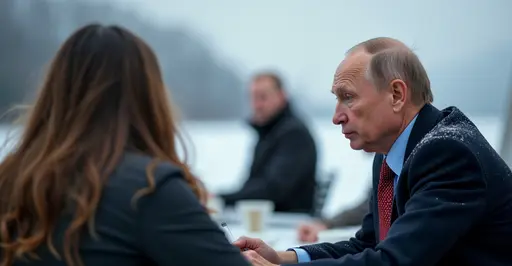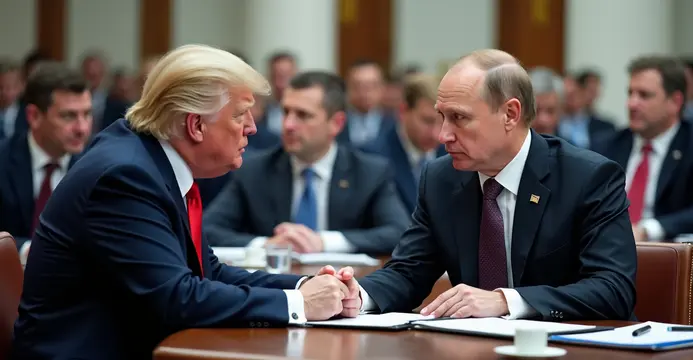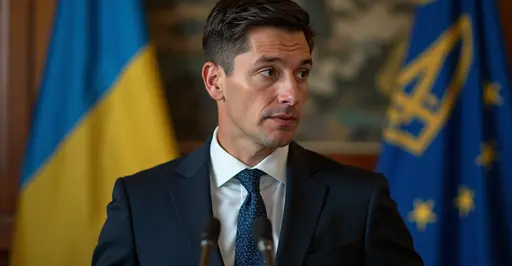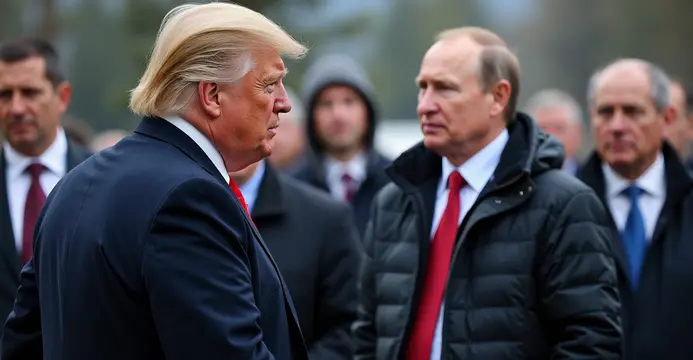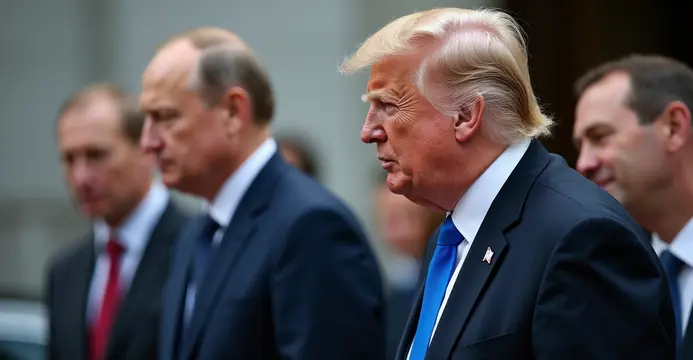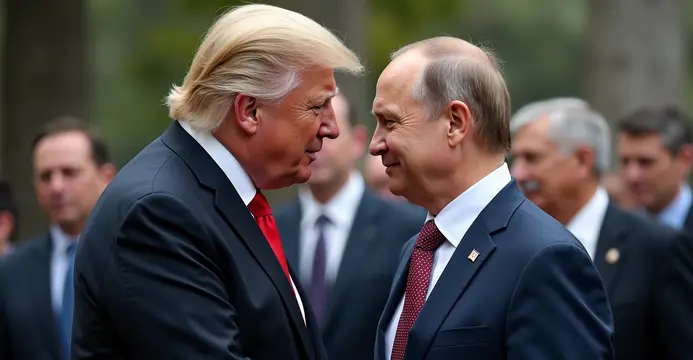Trump announces Budapest summit with Putin to discuss Ukraine peace, following 2.5-hour phone call. Meeting comes before Zelensky's White House visit where Tomahawk missile request expected.
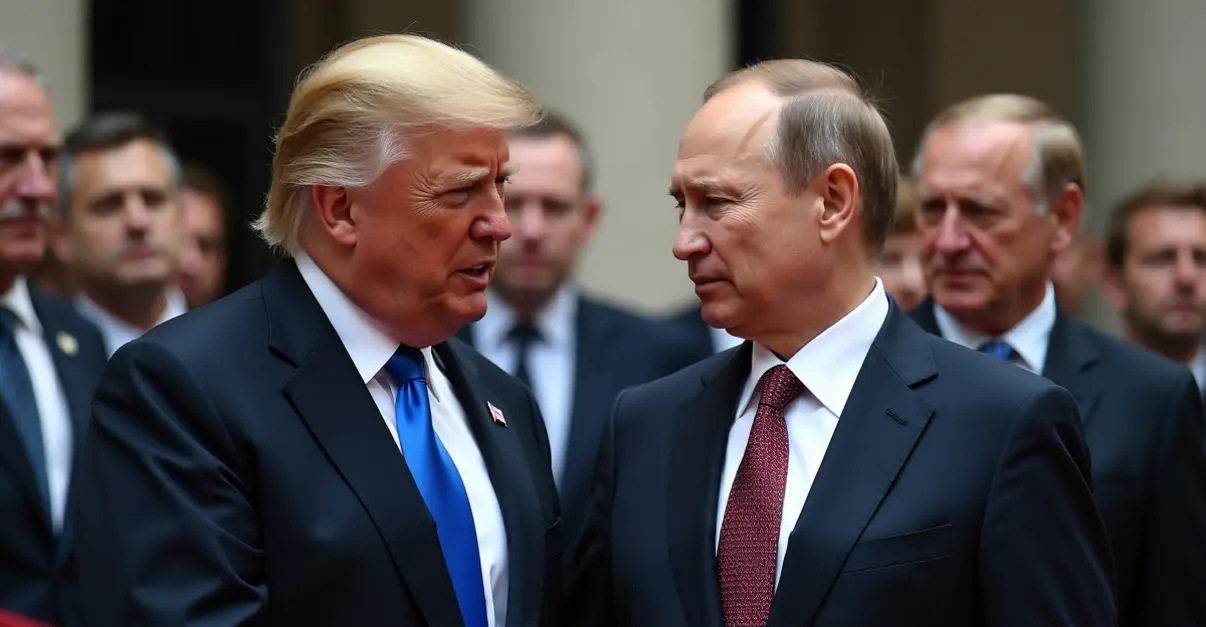
Historic Summit Planned in Hungary Amid Ongoing Conflict
In a significant diplomatic development, President Donald Trump has announced he will meet with Russian President Vladimir Putin in Budapest, Hungary to discuss ending the war in Ukraine. The announcement follows a lengthy 2.5-hour phone call between the two leaders that Trump described as 'very productive' and where 'great progress was made' according to White House officials.
Timing and Preparations
The exact date for the summit remains undetermined, with both administrations indicating that high-level advisers will meet first to lay the groundwork. Secretary of State Marco Rubio will lead the American delegation, while Russian Foreign Minister Sergey Lavrov will head the Russian team in preparatory talks scheduled for next week.
Kremlin aide Yury Ushakov confirmed Putin's immediate support for the planned Budapest summit, describing the phone conversation as 'highly informative and extremely frank'. The announcement comes at a critical juncture, just before Ukrainian President Volodymyr Zelensky's scheduled meeting with Trump at the White House.
Weapons and Diplomatic Leverage
The timing of this announcement is particularly significant given Zelensky's expected request for Tomahawk cruise missiles during his Washington visit. These long-range weapons, capable of striking targets up to 2,500 kilometers away, could potentially reach deep into Russian territory, including Moscow.
According to Kremlin statements, Putin warned Trump during their conversation that supplying Tomahawks to Ukraine would 'harm the peace process' and damage US-Russia relations. Trump has previously indicated he might approve the missile transfer if Russia doesn't end the war, telling reporters: 'I might tell Putin if the war is not settled, we may very well do it'.
Hungary's Controversial Role
The choice of Budapest as the meeting location raises important geopolitical questions. Hungarian Prime Minister Viktor Orbán, who has maintained warm relations with both Trump and Putin while often opposing EU support for Ukraine, welcomed the announcement, stating 'we are ready' to host the leaders.
Orbán's government has consistently blocked or watered down EU sanctions against Russia and has been criticized for democratic backsliding. As Wikipedia notes, Orbán has promoted what he calls 'illiberal democracy' while establishing closer ties with Russia and China.
Legal and Political Complications
The planned meeting also raises complex legal questions. Putin is subject to an International Criminal Court arrest warrant issued in March 2023 for alleged war crimes involving the unlawful deportation of Ukrainian children. While Hungary is not an ICC member state, the warrant complicates Putin's international travel.
European security analyst Maria Kovacs commented: 'This represents a major diplomatic coup for Orbán, who faces difficult elections next year. Hosting such a high-profile summit could boost his domestic standing while positioning Hungary as a neutral mediator'.
Previous Summit and Current Context
This would be the second major meeting between Trump and Putin this year, following their August summit in Alaska that failed to produce concrete progress toward ending the Ukraine conflict. The ongoing war has claimed tens of thousands of lives and displaced millions of Ukrainians since Russia's full-scale invasion in February 2022.
The Budapest meeting announcement comes as Ukraine continues to seek advanced weaponry while simultaneously pursuing diplomatic solutions. As one European diplomat noted: 'The timing suggests Trump is using the Tomahawk issue as leverage with Putin, while Zelensky finds himself caught between military needs and diplomatic realities'.

 Nederlands
Nederlands
 English
English
 Deutsch
Deutsch
 Français
Français
 Español
Español
 Português
Português




